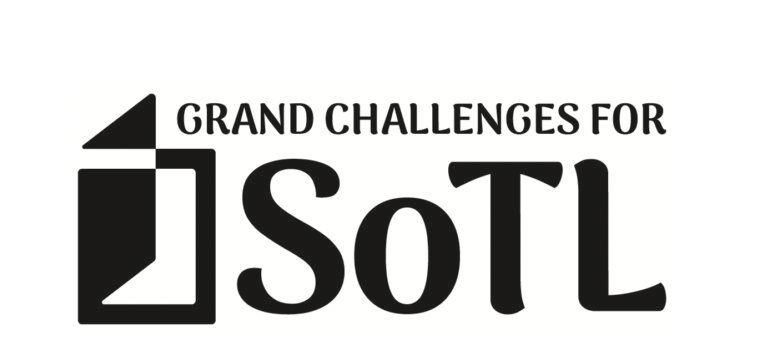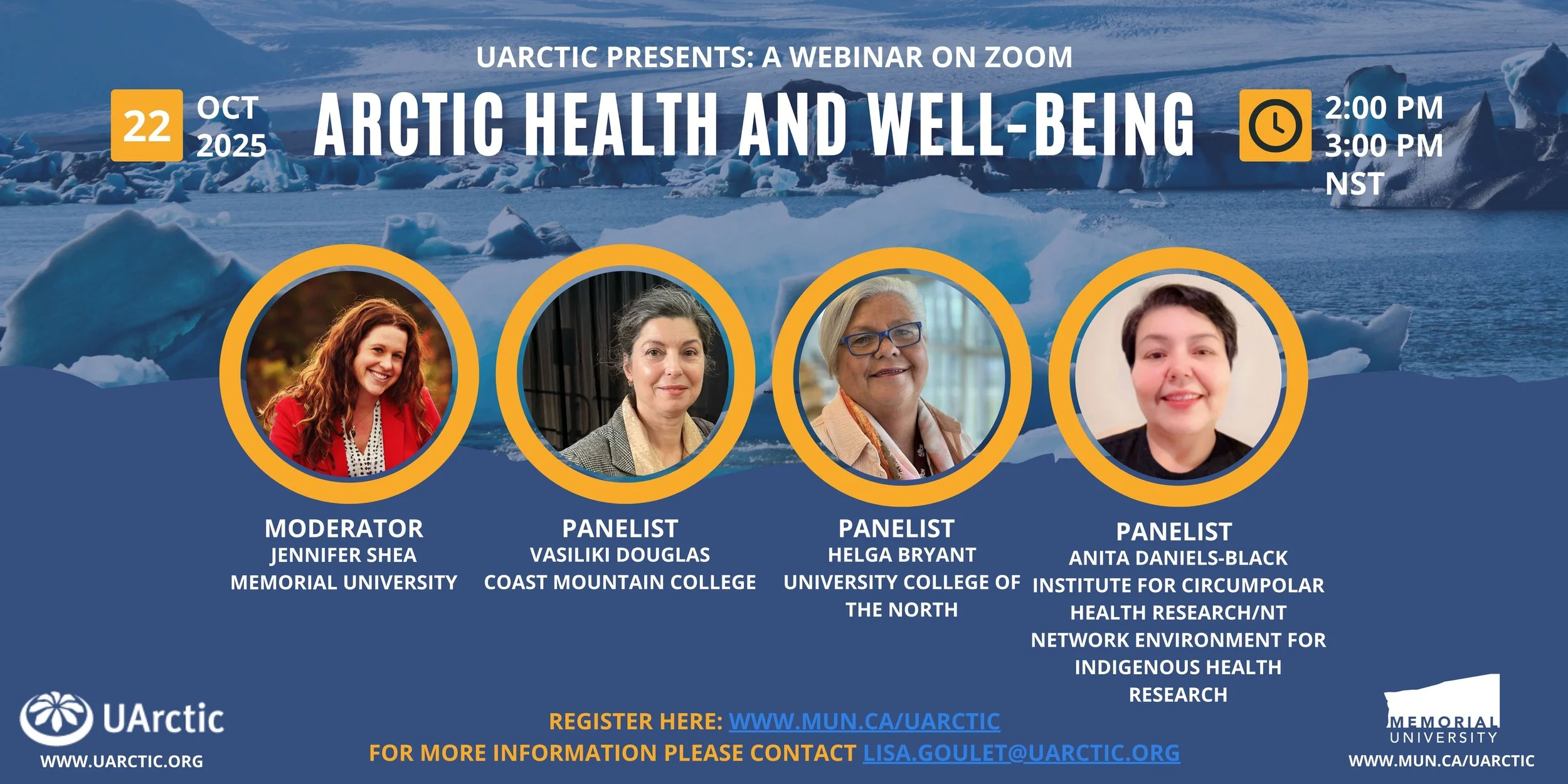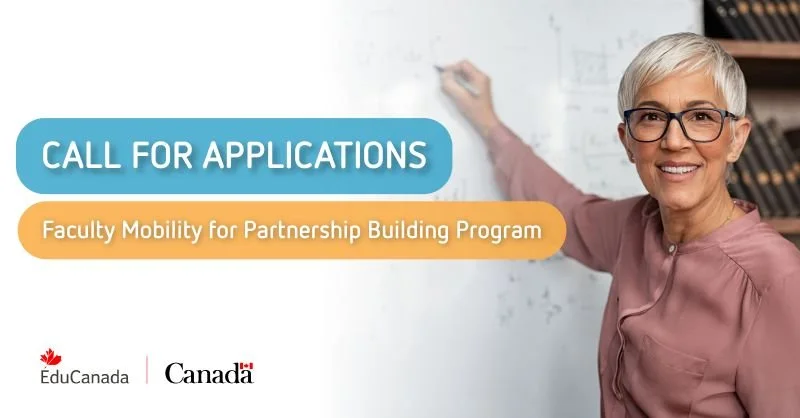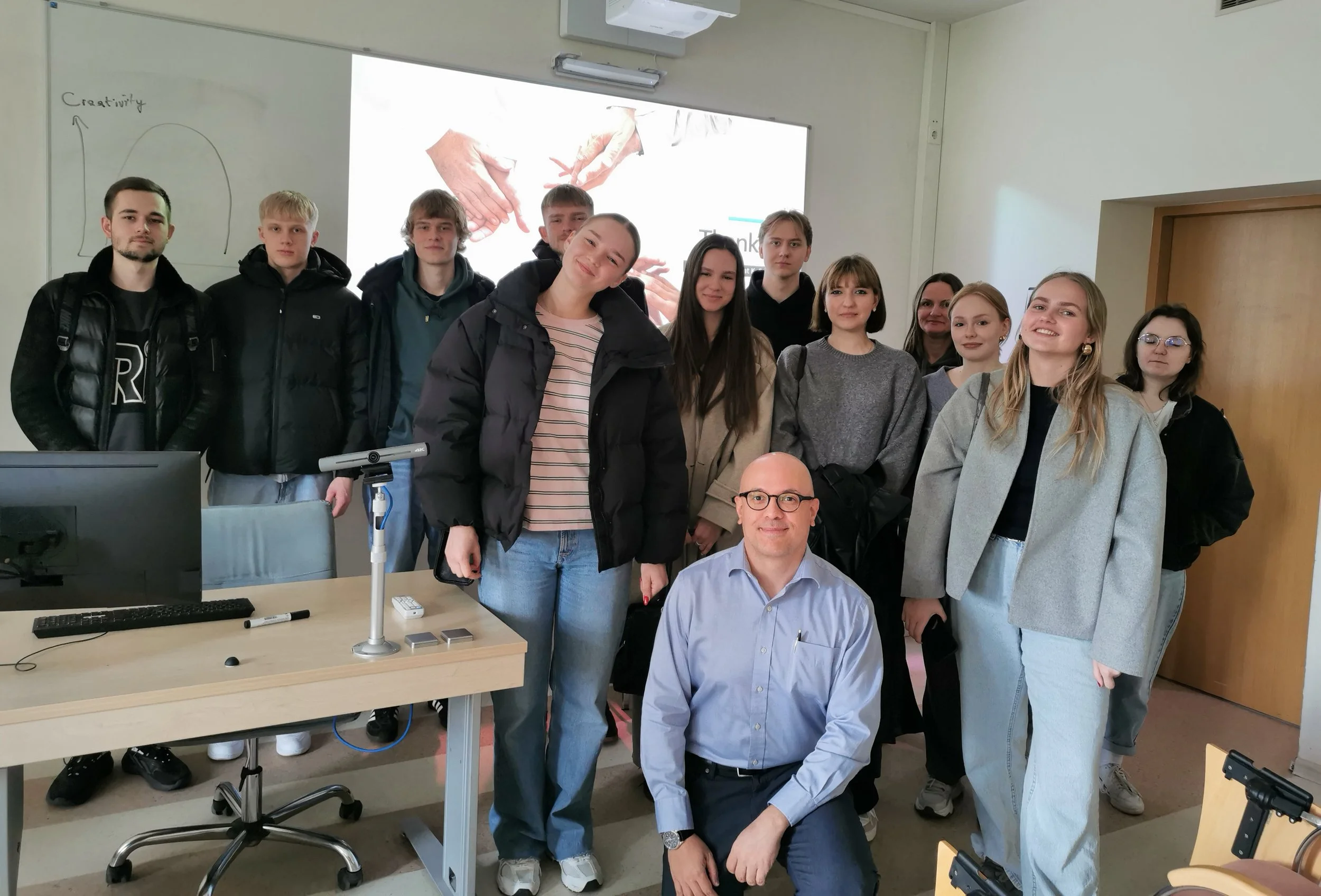Professional Learning Resources for Faculty
Faculty can access a curated selection of resources to support professional growth in teaching, curriculum development, and student engagement. Whether seeking strategies to enhance inclusive teaching, integrate technology effectively, or explore best practices in assessment, these tools are designed to help navigate the evolving landscape of higher education.
Digital Teaching Tools & Media
Faculty Media Workshops
Enhance your teaching with the Faculty Media Workshops series, featuring comprehensive tutorials on effectively utilizing media tools and platforms for education, including video editing, podcasting, and more.
Brightspace Guides Video Series
Explore the Brightspace Guides video series for comprehensive tutorials on navigating and utilizing the Brightspace learning management system effectively.
Connect Your Students to Academic Support
Saint Mary's University recognizes the vital role of writing and communication in academic success. We are committed to fostering clear, compelling writing and enhancing analytical and critical thinking skills. To support this mission, we offer consultations, workshops, and other services for Saint Mary's faculty.
The Studio can help you connect your students with a range of academic resources designed to strengthen their writing and communication skills. Explore these opportunities below.
-
Writing Centre Tutors are available to provide workshops during your scheduled classes. Examples include:
• The effective use of digital learning environments
• Academic writing and critical thinking
• Presenting, critical listening skills, reflective writing, and personal statements
• Overview of The Studio’s tutoring services
If you would like to book a workshop for your class or have any inquiries, please contact Amanda Saoud at amanda.saoud@smu.ca. Also, please visit the Studio Calendar to see a list of writing and academic communication workshops we host throughout the semester.
If you would like to have a workshop tailored to your course, please contact the Director of Academic Learning Services (writing@smu.ca). Most workshops are one hour long.
We can also train your TAs in writing skills, as well as essay marking skills.
-
As an incentive for students to use the Writing Centre's services, you might consider assigning bonus marks for visiting us, attending one of our workshops, and/or completing Writing Help Online. If you choose to do this, please contact us at writing@smu.ca to arrange tracking of your students' visits.
-
We have the resources and experience to help you in many areas of writing, so please come and see us if you:
• want to include more writing initiatives/activities in your class;
• want to learn marking strategies for writing-intensive courses;
• have any questions about our centre, our services, or writing in general.
We also develop new resources as required, and present faculty development workshops several times a year.
-
If you have an exceptional paper submitted by a student, please encourage them to submit it. Here are more details about the award program and the student journal, Afficio.
Teaching With WHO
Writing Help Online (WHO) is an online, interactive writing resource that uses active learning and scaffolding theories to help students develop writing skills. Faculty members at Saint Mary's University can add WHO to a course and incorporate it into the curriculum, or recommend the free independent study guides to students.
-
How WHO works
WHO runs through Brightspace, and is organized into study guides on particular writing topics. Most study guides have three levels:
Explore
This level presents the requirements for such writing topics as what makes an effective thesis statement.
Engage
In this level, complete a study guide assessment. Answer true/false, multiple choice, and comparison questions to apply knowledge of the topic from Level One.Elaborate
Here, complete a final study guide assessment. Submit an example of the topic from Levels One and Two to the Writing Centre and receive individual feedback, which explains how well you are applying the information from all three levels.
What makes WHO unique
Most examples used in the study guides are academic. Students see how the information they are learning works in an academic context. Thus, rather than reading informal examples, such as “Suzie went to school,” students read academic examples, such as “Shields’ work raises questions of writing and narrative form.”
Rather than trying to understand all the elements and conventions of writing at once, students work on specific elements of writing in short, focused study guides.
Students work through study guides with increasing levels of interactivity. This process allows them to apply their skills in increasingly comprehensive ways.
WHO was developed at Saint Mary’s University, so it can be supplemented and adapted to incorporate feedback and to meet instructor requests.
Study guides
The program includes study guides in the following areas:
Academic Writing
Thesis Statements, Introductions, Paragraphs, Conclusions, and Transitions
Science Writing
Project Proposals, Reviewing Scientific Articles, and Lab Reports (Titles, Abstracts, Introductions, Materials and Methods, Results, Discussion Sections, Conclusions, Appendices, and Writing Strategies)
Business Writing
Subject Lines, Business Paragraphs, Pre-Writing Strategies, Tone, Transitions, and Case Analysis (Case Analysis Overview, Problem Definition, Introduction/Executive Summary, Environmental Analysis, Suggested Solutions and Alternatives, Recommendations, and Action Plans)
Grammar and Punctuation
What is a Sentence? (Subjects and Predicates), Types of Clauses, Run-on Sentences, Comma Splices, Commas, Colons, Semicolons, Apostrophes, Subject-Verb Agreement, Noun-Pronoun Agreement, and Sentence FragmentsPlagiarism and Citations
Electronic plagiarism, how to avoid it, paraphrasing, quotations, when to cite; guidelines for MLA, APA and Chicago style
Study guides can also be designed and adapted upon request.
Course participationIf you would like to use WHO in your course in the current or upcoming term, then please contact us with the course CRN and section, as well as the type of program participation you are interested in (e.g., assigned study guides or bonus points).
Instructor access to WHO
If you would like to see WHO in Brightspace, then please contact us with your name and “A” number. Registration requests may take up to a week to receive access; we'll then contact you with program navigation details.
Study guide design/adaptation requests
Study guides can usually be adapted for the current term or designed for an upcoming term. For example, an existing level one study guide can be modified with discipline-specific examples, or a new study guide can be custom designed to address a course-specific writing issue. Please contact us with any requests.
Contact WHO
Amanda Saoud
Educational Developer
Writing Centre, AT 213H
who@smu.caMost inquiries will receive a response within three business days.
Have more questions? Contact us at studio@smu.ca.































